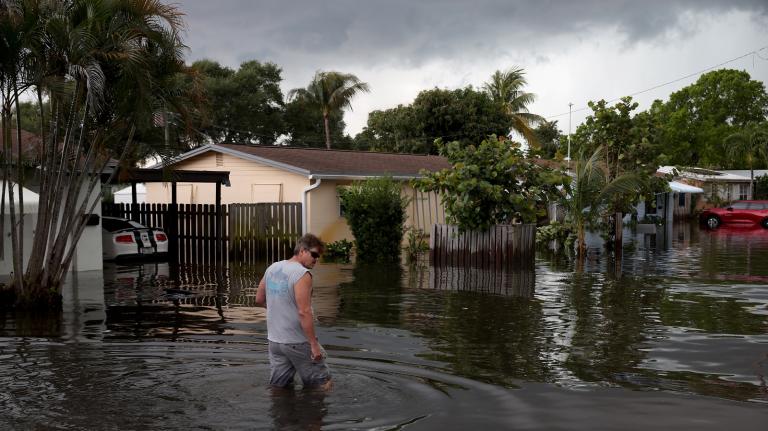Last week saw the launch of a new initiative in the United States, “Energy Citizens,” which aims to create a significant lobby against the passage of climate change legislation in the USA and most specifically the recent House bill, the American Clean Energy and Security Act of 2009, or “Waxman-Markey” as it is more widely known. “Energy Citizens” kicked off with a well attended rally in Houston last Tuesday, has its own website and is strongly supported by an organization that Shell US belongs to, the American Petroleum Institute. More rallies, events and advocacy initiatives are planned.
Whilst I am not an American, nor do I have any issue with the democratic process in the USA, what is at stake in this debate goes far beyond American shores and will have a profound impact on the global response to climate change for at least a decade and possibly a great deal longer. So, as an employee of the energy sector for nearly 30 years this “world Energy Citizen” also wants a word.
The clutch of EU Directives that were passed last year (ETS Phase III, CCS, Renewables) or are in the pipeline (Buildings) pretty much resemble the totality of what is proposed under Waxman-Markey. The two sides of the Atlantic are learning from each other as they move forward with ambitious plans to address energy use and begin the tough task of managing greenhouse gas (GHG) emissions. A key element in both programs is a GHG cap-and-trade system (a mechanism originally developed and successfully deployed in the USA to reduce sulphur emissions).
Cap-and-trade legislation is now under development or in place in many parts of the developed world (including of course the USA on both counts) and if implemented could cover nearly a third of global fossil fuel CO2 emissions by 2013. In the EU it has been in place since 2005 and although it took a while to establish itself has given rise to a robust and growing carbon market with stakes in many countries through linked projects. It is working, it is beginning to drive change, it is creating new businesses and business models and there is no sign that the EU economy is suffering as a result. New wind projects are appearing across the continent, nuclear power is being given a new life, biofuel investment is rising and there is a major push to bring new technologies such as carbon dioxide capture and storage into the energy mix. A wide range of new financial and service organizations are also being created, including verifiers, (offset) project developers, CO2 consultancies and market participants.
It is also true that electricity prices across much of the EU have risen as a result of the EU-ETS – in the UK this is about 1 pence per kWh (or one and a half US cents) – but equally this is helping drive the new investment that is now taking place. This and the overall hike in electricity cost as a result of generally higher energy prices are also making families more conscious of the need for energy efficiency measures which in turn has led to a wide range of consumer initiatives in response, some developed by government but many created by business to meet that new demand.
I agree that Waxman-Markey is still some way from the right solution, but equally it is not headed in the wrong direction either. For example, it still needs to find a better balance between free allocation and auctioning in the face of international competition, but so too did the EU-ETS as Phase III was thrashed out by the European Parliament last year. There were times last year when stakeholders looked at what was on the table and thought “You must be joking!!”, but reason prevailed in the end and the necessary deals were struck – industry accepted the provisions for trade exposure, the power generators are facing up to the reality of auctioning and individual member states walked away from Brussels happy with the deal they had secured in terms of national burden and state aid provisions. Importantly, the cap-and-trade approach has been shown to be flexible enough to accomodate all of this without underminig the overall environmental goal being sought.
But is the “Energy Citizens” oganization helping the rally attendees and signatories learn about this or recognize the importance of developed countries taking the lead on emissions mitigation?? Probably not – which of course is the unfortunate side of all this.
There have been similar concerns about jobs and energy prices in the EU, but this is a two way street – and that is now being recognized. Whilst there will be some shift in energy prices, the resultant investment in efficiency and new energy infrastructure will have a positive benefit for consumers and in the longer term the new industries that are created should offset any job changes that may occur in existing sectors.
What is really required now is positive and proactive bipartisan engagement by industry and others in the development of this relatively new instrument.


